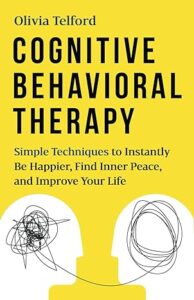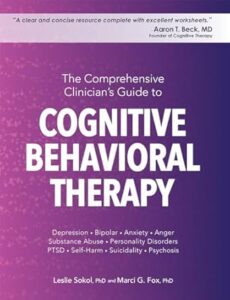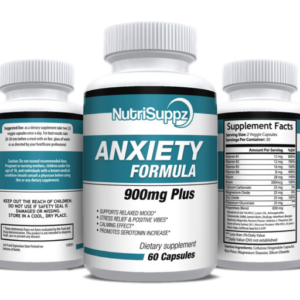27 Aug Understanding Cognitive Behavioral Therapy (CBT): A Powerful Tool for Managing Anxiety
Cognitive Behavioral Therapy (CBT): A Powerful Tool for Anxiety
Introduction:
Cognitive Behavioral Therapy (CBT) is a widely recognized and effective treatment for anxiety. It focuses on changing negative thought patterns and behaviors that contribute to anxiety. In this post, we’ll explore how CBT works, its benefits, and why it’s a valuable tool for those struggling with anxiety.
What is Cognitive Behavioral Therapy (CBT)?
Cognitive Behavioral Therapy is a type of psychotherapy that helps individuals identify and challenge distorted thoughts and beliefs. By focusing on the relationship between thoughts, feelings, and behaviors, CBT aims to alter unhealthy patterns, leading to more positive outcomes.
Key Components of CBT:
- Cognitive Restructuring: This involves identifying negative thought patterns and replacing them with more realistic and positive ones.
- Behavioral Activation: CBT encourages engaging in activities that promote well-being and reduce anxiety, helping break the cycle of avoidance.
- a : Gradually facing and confronting fears in a controlled environment to diminish anxiety over time.
How CBT Helps with Anxiety
CBT is particularly effective for anxiety disorders because it directly targets the thoughts and behaviors that fuel anxiety. Here’s how:
- Challenging Negative Thoughts: By questioning the validity of anxious thoughts, CBT helps individuals see situations more clearly, reducing the power of anxiety.
- Developing Coping Strategies: CBT teaches practical coping strategies, such as relaxation techniques and problem-solving skills, which can be used to manage anxiety in daily life.
- Breaking the Cycle of Anxiety: CBT helps individuals gradually confront their fears, reducing avoidance behaviors that often exacerbate anxiety.
Real-Life Applications of CBT
One of the strengths of CBT is its practical approach. Here are some ways CBT can be applied in everyday life:
- Mindfulness and Relaxation: CBT often incorporates mindfulness practices, helping individuals stay grounded and reduce anxiety in the moment.
- Journaling: Writing down thoughts and challenging them with CBT techniques can help clarify and reduce anxious feelings.
- Action Plans: CBT encourages creating action plans to address and confront anxiety-provoking situations, empowering individuals to take control.
Why CBT is a Popular Choice for Anxiety Treatment
CBT’s effectiveness, structured approach, and emphasis on practical skills make it a popular choice for anxiety treatment. It’s a short-term therapy, often completed in 12 to 20 sessions, and can be done individually, in groups, or even through self-help books and online programs.
Benefits of CBT:
- Evidence-Based: Extensive research supports CBT’s effectiveness in treating anxiety.
- Empowering: CBT gives individuals the tools to manage their anxiety independently, fostering long-term resilience.
- Adaptable: CBT can be tailored to meet the specific needs of different individuals, making it versatile and accessible.
Conclusion:
Cognitive Behavioral Therapy (CBT) is a powerful tool for managing anxiety. By focusing on the interplay between thoughts, behaviors, and emotions, CBT helps individuals break free from the grip of anxiety. Whether you’re looking to reduce anxiety or seeking effective strategies for long-term mental health, CBT is a proven approach that can make a significant difference.
Interested in Learning More?
If you’re interested in exploring CBT further, consider consulting with a licensed therapist or looking into online CBT resources that can guide you through the process.
- 7 Must-Read Books About Anxiety: Understanding and Managing
- View The Complete Anxiety Blog For More Helpful Articles
Cognitive Behavioral Therapy (CBT): A Powerful Tool for Anxiety





No Comments